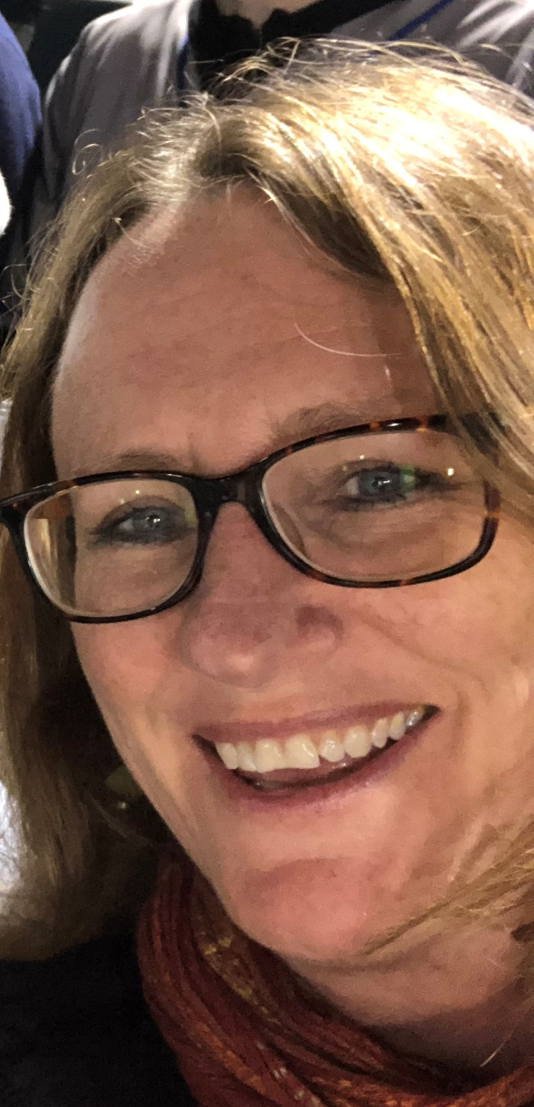Since 1990, the APPLES Service-Learning program has offered Carolina students eye-opening community service experiences. Through a combination of traditional classroom instruction and out-of-class service, the program’s service-learning courses equip students to engage with and work to mitigate social issues.
According to associate professor Kathleen Fitzgerald, who began teaching at UNC-Chapel Hill in 2018, APPLES Service-Learning classes provide students the opportunity to “understand the world beyond just the books they’re reading,” challenging students to “make a conscious link between what they’re reading and what they’re doing.”

In addition to learning about social issues during classroom instruction, students in Fitzgerald’s service-learning course, Sociology 273: Social and Economic Justice, complete 30 hours of community service each semester. They volunteer with a variety of community partners, such as food pantries, tutoring initiatives, domestic violence shelters and many more.
Fitzgerald’s curriculum — both the academic and the experiential — emphasizes justice over charity.
“Service is really how you build compassion. I can give anyone a book about economic inequality and poverty, but nothing will hit home quite the same until you meet the people experiencing the struggles,” she said.
Blake Swanner, a former service-learning student who volunteered with the Durham Public Schools Hub Farm, said, “The APPLES program and SOCI 273 taught me that community service isn’t about working for your community, it’s about working with your community. Service is about coming together and creating change.”
Fitzgerald said the value of combining service with learning is that students understand larger structural aspects of inequality.
“Instead of just thinking about charity and how they can step in to help, they’re challenged to think about how we can fix the problem at hand––that’s the end goal,” she said.
According to Fitzgerald, students are often surprised to hear of the inequalities facing people within their own state and community. She shared that students from positions of privilege often begin her class as subscribers to society’s stigmatization of social issues like poverty, but they later interrogate and reshape those beliefs.
“Students’ perspectives are often changed by the discussions in our course: They begin to think about needs differently. Instead of seeing them as a result of individual ineptitude, these students learn to recognize the structural obstacles to people meeting all of their needs.”
As the COVID-19 pandemic heightened community needs, students in Fitzgerald’s spring 2021 service-learning course were in a unique position to “see first-hand how dramatically many peoples’ lives were altered.”
While taking the course remotely, many students had to get creative with their volunteering. While some assisted with research for an eviction lab at Princeton, others served as virtual tutors.
Some students were able to complete in-person service with community partners whose work could be done with social distancing and masks, such as the Durham Community Food Pantry.
According to Fitzgerald, community partners were more grateful than ever for the students’ help during the pandemic. Swanner, who took the course in 2021, shared that the appreciation expressed by those at the Hub Farm was “overwhelming in the best possible way.”
Like all APPLES courses, Sociology 273 places a strong emphasis on reflection. Fitzgerald shared that the most rewarding part of her role is reading students’ end-of-semester reflection papers, which are an opportunity for her to see how much each student has grown throughout the course.
“One of the things I focus on in my class is that empathy is not innate––it has to be nurtured. By engaging in service, you help build up that part of yourself and learn to care about your fellow human, which I think is pretty fundamental,” Fitzgerald shared.
